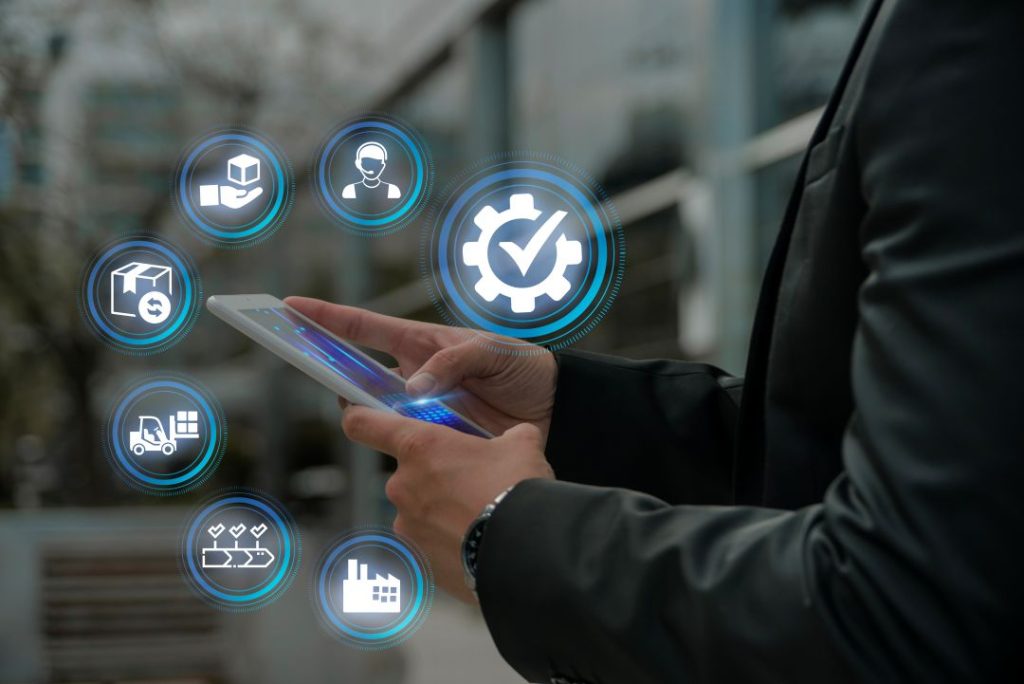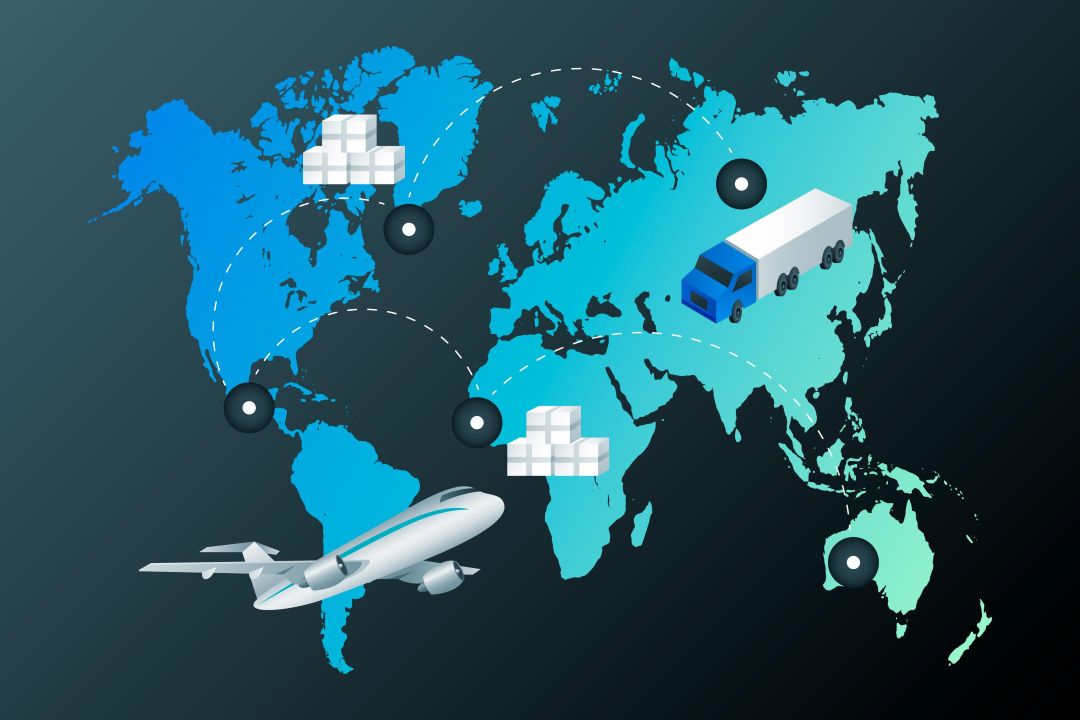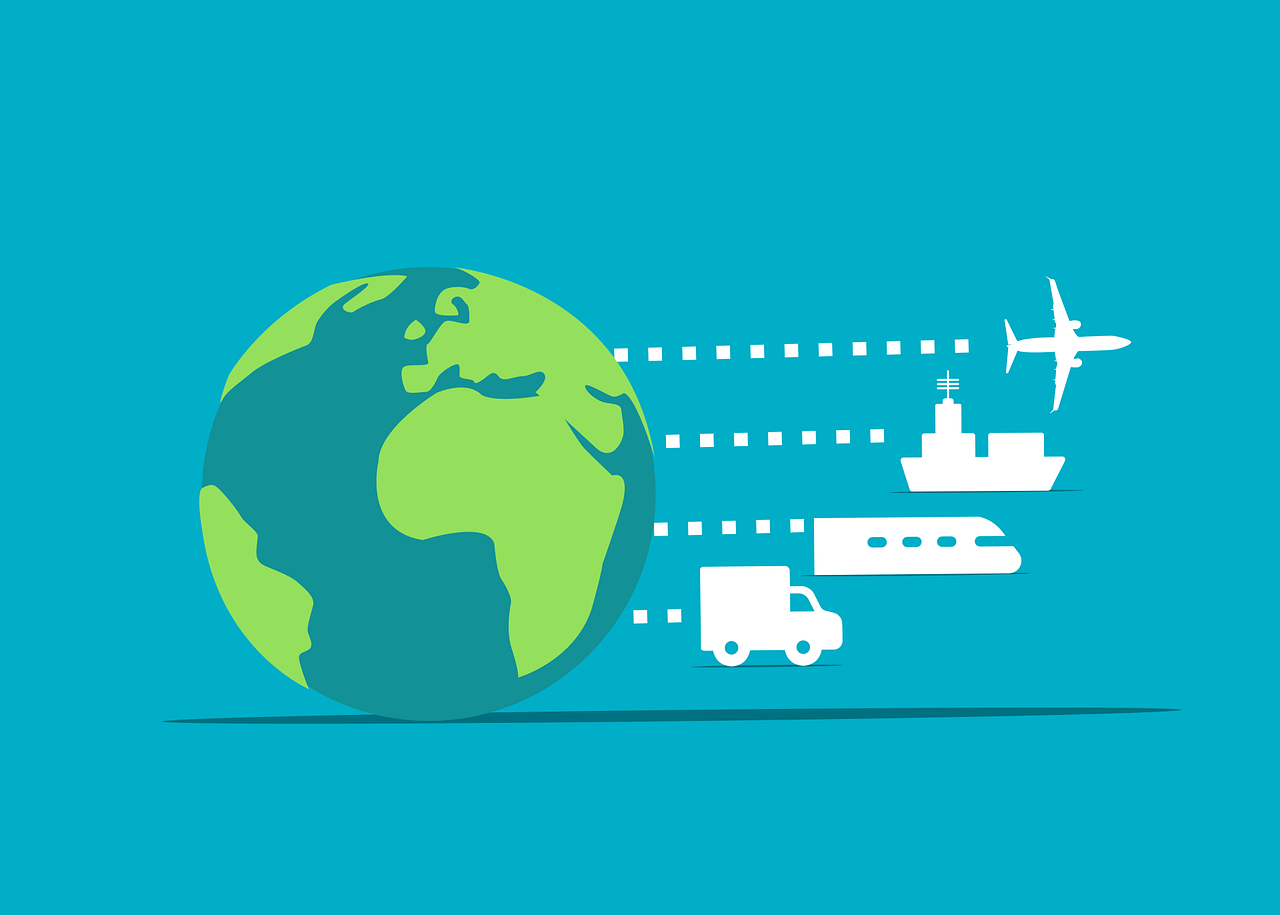Table of Contents
The logistics industry is a busy place in 2024. From the push for eco-friendly solutions to the rapid rise of e-commerce, B2B logistics professionals have a lot to keep up with. Here at Zippyy, we get it. As a leading logistics aggregator, we’re constantly working to integrate the latest in logistics technology and operations to make your job easier. In this post, we’re taking you through the top trends reshaping transportation and logistics this year, so you can stay ahead and simplify your logistics with Zippyy by your side.
What is Logistics Technology?
At its core, logistics technology refers to the software, systems, and tools that help businesses manage the flow of goods and services from point A to point B. This can include anything from warehouse management systems (WMS) and transportation management systems (TMS) to advanced data analytics and automation tools. In simple terms, logistics technology is about making the logistics process more efficient, cost-effective, and transparent.
Why is Logistics Technology Needed?
In today’s fast-paced market, customers expect quick and reliable service. This has put immense pressure on logistics providers to deliver goods faster while keeping costs down. Here are a few reasons why logistics technology is essential:
- Increased Efficiency: Automation and data analytics streamline operations, reducing manual work and errors.
- Improved Visibility: Real-time tracking allows businesses to monitor shipments closely and respond to issues promptly.
- Cost Reduction: By optimizing routes and inventory management, companies can significantly lower operational costs.
- Enhanced Customer Experience: Faster delivery times and accurate tracking enhance customer satisfaction, which is vital for business success.
- Sustainability: Technology helps companies adopt greener practices, which are increasingly important to consumers.
Top 7 Transportation Trends Transforming B2B Logistics in 2024
With this understanding, let’s explore the top trends in transportation and logistics that are set to transform B2B logistics in 2024.
Increased Use of AI
Artificial Intelligence (AI) is revolutionizing logistics operations. Companies are utilizing AI for data analysis, predictive analytics, and decision-making. By analyzing historical data, AI can forecast demand more accurately, enabling companies to optimize their inventory levels and avoid stockouts.
Additionally, AI-powered chatbots are improving customer service by providing real-time information about shipments. This means fewer phone calls and emails for logistics teams, allowing them to focus on more complex issues. For logistics professionals, embracing AI can lead to increased efficiency and better service delivery.
The Power of IoT
The Internet of Things (IoT) is another game-changer in the logistics industry. By connecting devices and systems, IoT enhances visibility across the supply chain. For example, sensors on shipping containers can provide real-time data about location, temperature, and humidity levels. This information is critical for businesses that deal with perishable goods or sensitive items.
IoT also enables predictive maintenance for vehicles and equipment, reducing downtime and maintenance costs. As logistics professionals, adopting IoT solutions can lead to more streamlined operations and improved customer satisfaction through timely deliveries.
Autonomous Vehicles on the Rise
The introduction of autonomous vehicles is set to change the logistics landscape dramatically. Self-driving trucks and drones are being tested and, in some cases, implemented for deliveries. These vehicles can operate around the clock, leading to faster deliveries and reduced labor costs.
While fully autonomous logistics is still in its early stages, companies are increasingly exploring hybrid models where human drivers and autonomous vehicles work together. This trend is something logistics professionals should watch closely, as it promises to reshape the delivery landscape and improve efficiency.
Emphasis on Sustainability
Sustainability is more than just a buzzword; it’s becoming a critical focus for the logistics industry in 2024. With consumers increasingly aware of environmental issues, companies are under pressure to adopt sustainable practices. This includes everything from using eco-friendly packaging to optimizing delivery routes to reduce fuel consumption.
Moreover, logistics companies are exploring alternative fuels, such as electric and hydrogen-powered vehicles. By focusing on sustainability, logistics professionals can not only meet regulatory requirements but also appeal to a growing segment of environmentally-conscious consumers.
E-commerce Growth
The rise of e-commerce has significantly impacted logistics operations. With more people shopping online, businesses are under pressure to deliver products quickly and efficiently. This shift has led to an increased demand for innovative shipping logistics solutions.
To meet these demands, logistics companies are adopting new technologies and processes. This includes expanding their last-mile delivery options and utilizing smart warehousing solutions that allow for quicker order fulfillment. For those in the logistics field, understanding how to navigate the e-commerce landscape is crucial for success.

Digital Supply Chain Solutions
The logistics supply chain industry is increasingly relying on digital solutions to enhance visibility and control. Companies are investing in software that integrates various logistics operations, providing real-time data and insights. This integration allows businesses to monitor their supply chain more effectively and respond to disruptions quickly.
Digital tools also enable better collaboration among stakeholders, including suppliers, carriers, and customers. For logistics professionals, embracing digital solutions can lead to improved efficiency and a more agile supply chain.
Enhanced Last-Mile Delivery Solutions
Last-mile delivery is a critical part of the logistics process, especially in the e-commerce era. As consumers demand faster and more reliable delivery options, logistics companies are exploring innovative last-mile solutions. This includes using local delivery services, crowdsourcing delivery options, and even utilizing lockers for package pickups.
Enhancing last-mile delivery not only improves customer satisfaction but also helps companies reduce costs and optimize their delivery processes. For logistics professionals, focusing on last-mile efficiency is key to meeting customer expectations.
Conclusion
The logistics industry is undergoing a significant transformation, driven by technological advancements and changing consumer demands. As we navigate through 2024, understanding these trends is essential for anyone working in the logistics field. From the increased use of AI and IoT to a strong emphasis on sustainability, these trends present exciting opportunities for growth and innovation.
At Zippyy, we are committed to staying ahead of these trends by providing the best logistics solutions available. As a leading logistics aggregator, we help businesses streamline their operations, reduce costs, and enhance customer satisfaction. By embracing the latest logistics technology and adapting to industry trends, logistics professionals can ensure their success in this ever-evolving landscape.
Frequently Asked Questions (FAQs)
What are the key transportation trends shaping B2B logistics in 2024?
Key trends include increased use of AI, IoT integration, the rise of autonomous vehicles, a focus on sustainability, e-commerce growth, digital supply chain solutions, and enhanced last-mile delivery.
How does AI impact logistics operations?
AI enhances logistics operations by providing data analysis for better decision-making, predicting delivery times accurately, and managing inventory efficiently, ultimately leading to more effective logistics management services.
What role does IoT play in improving supply chain efficiency?
IoT devices track shipments in real-time, offering insights into location and condition, which boosts transparency and responsiveness in logistics operations.
How are autonomous vehicles changing the logistics landscape?
Autonomous vehicles streamline logistics by reducing labor costs, enhancing safety, and increasing delivery speed, thereby significantly impacting the logistics industry trends.
Why is sustainability becoming a critical focus in B2B logistics?
Sustainability is crucial due to rising consumer awareness and the necessity for businesses to adopt eco-friendly practices to reduce their carbon footprint and meet market demands.






